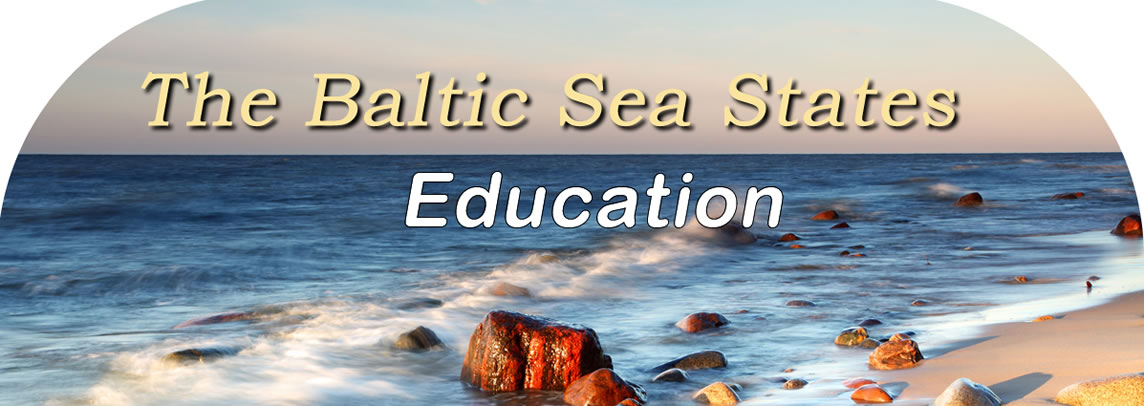 Education in the Baltic Sea States Artificial Intelligence in the Baltic States: Quiet Progress in a Digital AgeWhen one considers the global frontrunners in artificial intelligence, the Baltic States—Estonia, Latvia, and Lithuania—may not immediately spring to mind. Yet to underestimate them would be a mistake. These nations, though modest in size, are demonstrating a remarkably thoughtful and strategic approach to AI, quietly positioning themselves as capable and innovative contributors to the broader European digital landscape. Ai assisted education is becoming the norm in many schools. Estonia, often referred to as Europe’s most digitally advanced nation, stands at the forefront. Its reputation for pioneering e-governance is well-earned; virtually all public services are available online, often with an efficiency that puts larger nations to shame. In this environment, the integration of artificial intelligence feels almost inevitable. Estonia has already deployed AI tools in various government services, including digital assistants and predictive systems, aimed at improving public administration and citizen engagement. It is a model of pragmatic innovation—forward-thinking, but never reckless. Latvia takes a more measured approach, yet one that is equally commendable. With its growing ecosystem of tech startups and academic institutions delving into machine learning and language processing, the country is steadily building its AI credentials. Latvia’s initiatives often focus on practical application: enhancing logistics, streamlining customer service, and improving public health systems. The emphasis is not on spectacle, but on sustainable utility—an admirable and sensible path. Lithuania, for its part, is investing heavily in education and infrastructure to support AI development. The government has outlined a clear national strategy, with an emphasis on ethical standards, transparency, and inclusivity. Vilnius is emerging as a hub for fintech and healthtech, where artificial intelligence is not merely a buzzword but a tool being applied to real-world challenges. Universities are adapting swiftly, ensuring that the next generation of professionals is prepared for the demands of a data-driven future. It is worth noting that the Baltic States approach AI not only with ambition, but with caution. Concerns over privacy, algorithmic bias, and the displacement of jobs are not dismissed. Rather, they are acknowledged, studied, and—crucially—discussed in the public sphere. These nations recognise that AI, like any powerful tool, must be guided by clear ethical principles and democratic oversight. What distinguishes the Baltic perspective is a kind of grounded optimism. There is no delusion that AI alone will transform society for the better. Instead, there is a quiet confidence that, if implemented thoughtfully, artificial intelligence can augment human potential and strengthen social systems. In this, the Baltics may offer a refreshing contrast to the more frenzied AI rhetoric found elsewhere. In summary, the Baltic States may not be making headlines for grandiose AI breakthroughs, but they are achieving something far more important: responsible innovation. Their efforts serve as a reminder that progress need not always be loud to be meaningful—and that wisdom, prudence, and foresight remain timeless virtues in any technological age. The Baltic Sea States as well
as Scandinavia are known for having good public education systems
and universities. Many are renown around the world for providing
free and high-quality education as part of an extensive social
welfare state. On a per-country basis, the universities are often
highly acclaimed and claim to produce excellent talent. 2. Finland - Finland's education system is the subject of
international attention because of the good results that it receives
on major international assessments. They have a very unique system
that encourages improvement on a continual basis, and have high
standards for teacher education and training. In the past, they were
known for having very poor quality schools but have since made
plenty of improvements. The education system in Finland is directly
responsible for creating a boom in technological innovation with
companies such as Rovio (creator of Angry Birds) and Nokia. © Baltic21.org 2013, All Rights Reserved |
